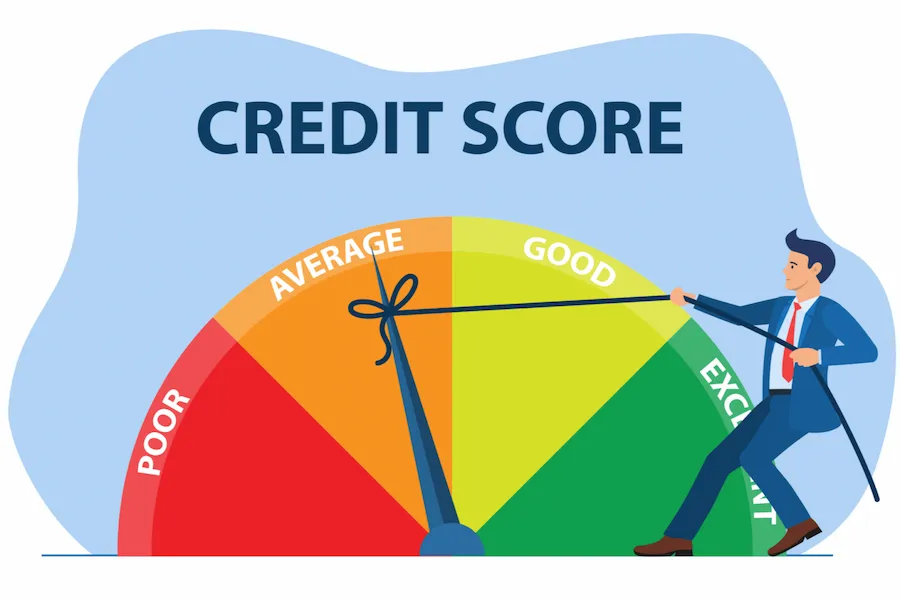If you’re unsure what a credit score – or ‘credit rating’ – is, this post will help you understand how it works and why it may impact your prospects of a home loan, small business, or medium sized brand. Here at Mortgage Masters, we make sure our Auckland based clients; small, local, independent businesses like you, are taken care of when it comes to securing the loans you may need to get started, keep going, or truly flourish in the business landscape. Keeping your high credit score may financially impact your business and your financial prospects in the future, proving your creditworthiness. A low credit score will negatively impact you and your business’ finances, communicating to lenders that your business may not be ideal for a bank loan.
Your Credit Score, Your Reputation
A credit score is, essentially, your reputation as a borrower. If you decide to check your credit report and choose to find out your score, you’ll be given a number that sits somewhere between 0 and 1,000 (or 0 and 1,200, depending on the credit bureau used.) Credit scores are based on a variety of personal financial data including your credit history length. How long you’ve held credit accounts makes up 15% of your rating, including the age of your oldest credit account, the age of your newest credit account and the average age of all your accounts. Generally, the longer your credit history, the higher your credit scores.
A credit score is a number lenders use to help them decide how likely it is that they will be repaid on time if they give a person or a business a financial loan and Mortgage Masters aim to help all of our prospective clients make sure that they have the best chance at achieving their financial goals.
4 tips to achieve a higher credit score
- Pay Your Bills on Time
Paying any bills your business has on time, always, or even paying early if you can. Every time you pay your business’ rent or bills after the due date, this negatively impacts your credit score and future moneylenders will see this in your score.
- Don’t Apply for Credit Too Often
Don’t apply for new business credit cards or loans too frequently. You and your business need to have a dependable, stable flow of steady income and repayments in order for your prospects to remain high. Establishing credit accounts with suppliers, however, can be beneficial if that equals adding to your portfolio of positive experiences within your credit file.
- Don’t Ignore or Regularly Dispute Debts
Ignoring your ATO debt, loan repayment deadlines or other outstanding debts, and always disputing any requests and inquiries, can lead to a poor credit rating. Of course you should dispute when there is reason to do so, but it’s best to seek advice from professionals who can advise as to the veracity of the liabilities.
- Open and Regularly Pay Down a Business Credit Card
If credit lines direct from suppliers are not an option, opening a business credit card can help to build your credit rating. If you are in a positive financial situation, this is an incentive for a moneylender to give you and your business a small business loan, as you will be constantly building your credit history. Check your credit report and/or your small business’ credit score and see where you stand financially before you need a loan. Request a Consultation with us online, or contact us today to discuss your needs.
Book in a consultation today with Mortgage Masters and give us a call on 0800 630 7171 to secure independent financial advice and loans, that you can trust.

















